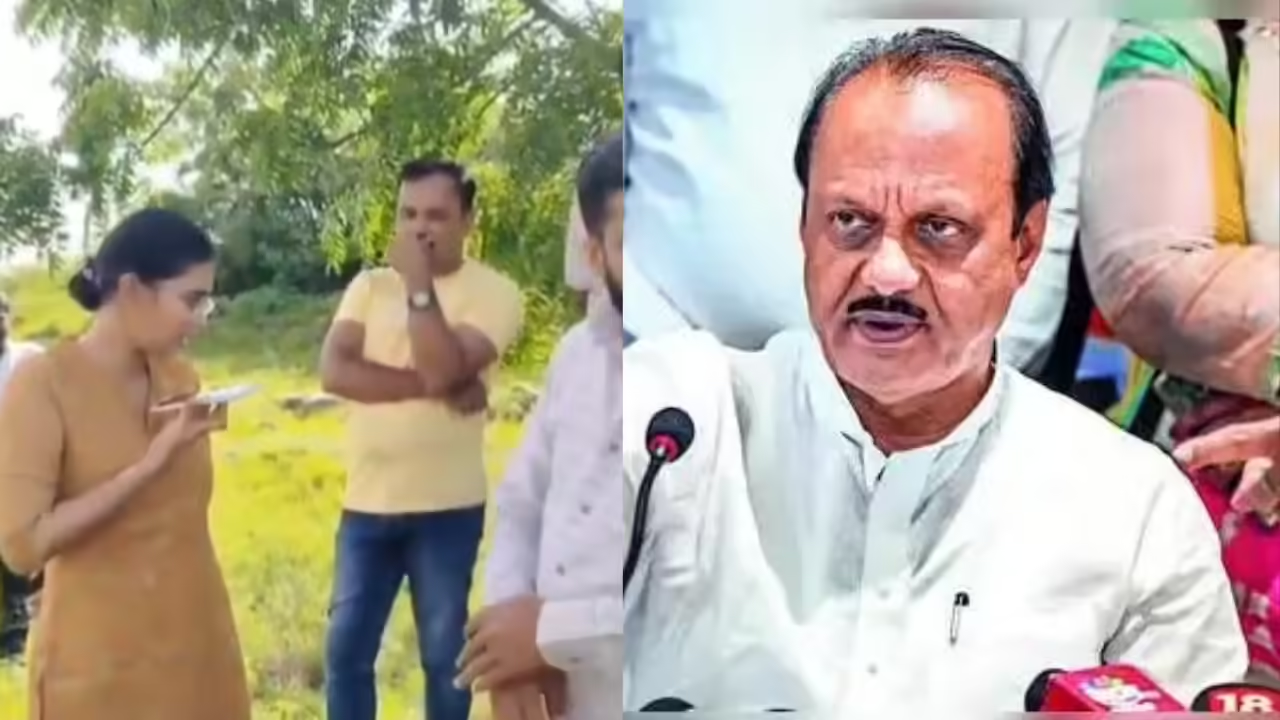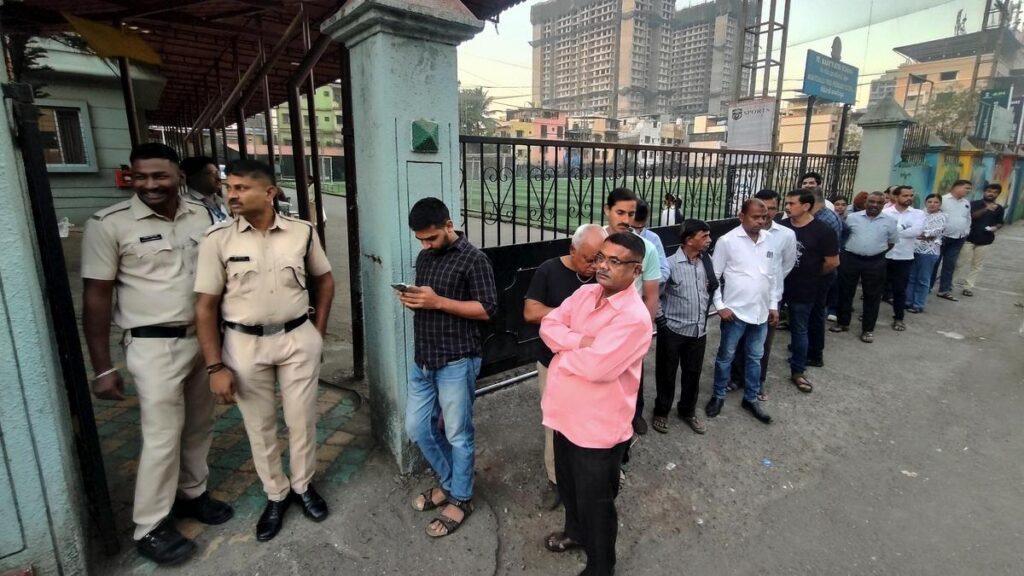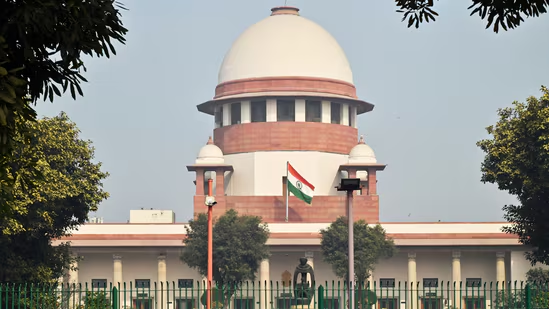Now Reading: Ajit Pawar Faces Opposition Heat After Video Controversy in Pune
-
01
Ajit Pawar Faces Opposition Heat After Video Controversy in Pune
Ajit Pawar Faces Opposition Heat After Video Controversy in Pune

Deputy Chief Minister Ajit Pawar has found himself in the middle of a political storm after a video surfaced showing him allegedly instructing a police officer to stop action against illegal activities. The clip, recorded during his visit to Pune, has sparked sharp criticism from opposition leaders who accuse him of interfering in law enforcement. The incident has quickly escalated into a major talking point in state politics.
The opposition claims the video reflects misuse of political power and undermines the credibility of the police force. Leaders argued that such instructions weaken public trust in the system and send the wrong message at a time when authorities are expected to clamp down on unlawful practices. Some have even demanded a formal inquiry into the matter to ensure accountability.
Pawar’s supporters, however, have dismissed the controversy as a selective interpretation of the video. They maintain that his remarks were taken out of context and that he was merely asking officials to avoid harassment of citizens over minor issues. According to them, the Deputy Chief Minister has always stressed on a balanced approach in administration and law enforcement.
For Pune, a rapidly growing Tier 2 city, the debate carries local significance. Residents are already concerned about illegal constructions, traffic violations and unauthorized businesses that affect their daily lives. The expectation is that political leaders should strengthen governance rather than appear to interfere in official action.
The controversy also comes at a politically sensitive time as Maharashtra’s ruling coalition faces challenges in maintaining public confidence. With the opposition raising questions over transparency and governance, the video has added fresh fuel to an already charged atmosphere.
In the end, the issue highlights the delicate balance between political authority and independent law enforcement. Whether the video leads to concrete action or fades away as a political flashpoint, the incident has brought attention to the urgent need for clarity, fairness and accountability in public administration.

























